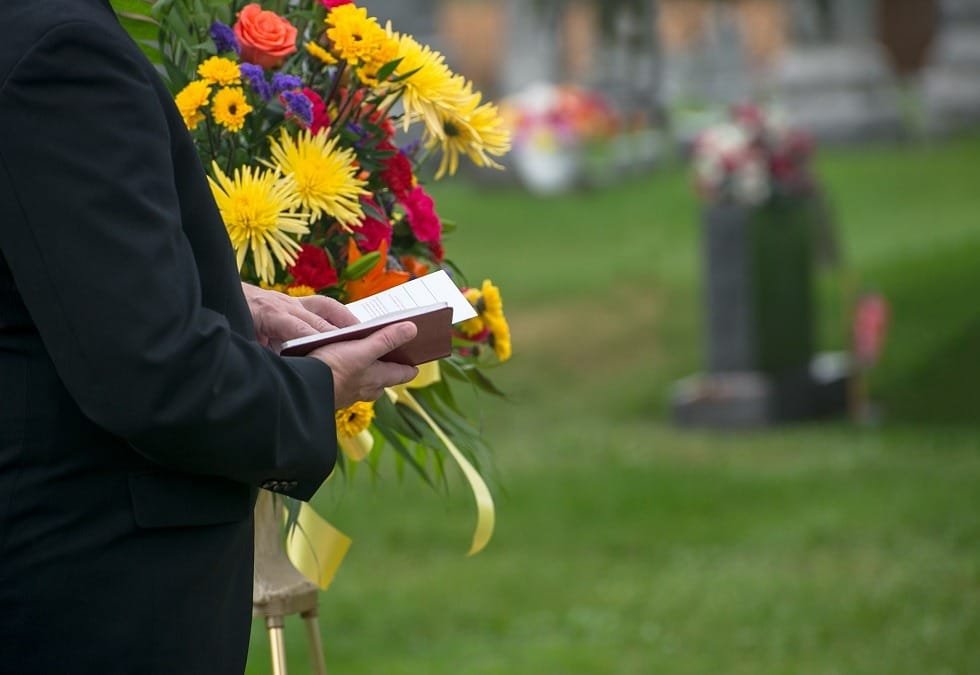When faced with the loss of a loved one, Houston families need guidance and support to help navigate the complexities of planning a funeral service. These services are a heartfelt way to celebrate a life lived, bringing together family and friends to honor the deceased’s memory and offer comfort in a time of sorrow. At Best Funeral Homes Houston, we’re committed to assisting families during this challenging period by offering compassionate, professional support and carefully tailored funeral arrangements.
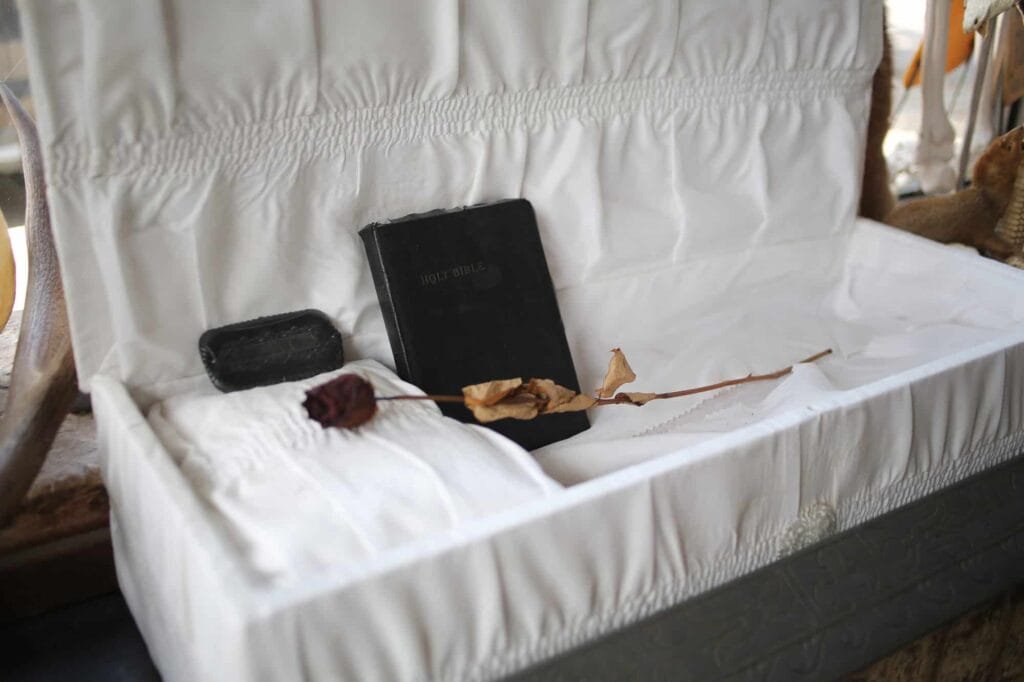
A funeral service not only serves as a farewell to the deceased but also creates a space for memories to be shared, stories to be remembered, and healing to begin. Whether choosing a traditional service or a more personalized approach, the right guidance is essential.
Our goal at Best Funeral Homes Houston is to ensure that every aspect of the funeral is managed with care, empathy, and professionalism, helping families honor their loved ones in a meaningful and comforting way.
What is an Average Funeral Service?
The structure and duration of a funeral service can vary, but many average funeral services last between 45 minutes and an hour. This time allows space for an introductory message, readings, eulogies, music, and other elements tailored to reflect the deceased’s life and the family’s wishes. Funeral services often follow a traditional flow, including a welcome by the funeral director, who guides the service from beginning to end.
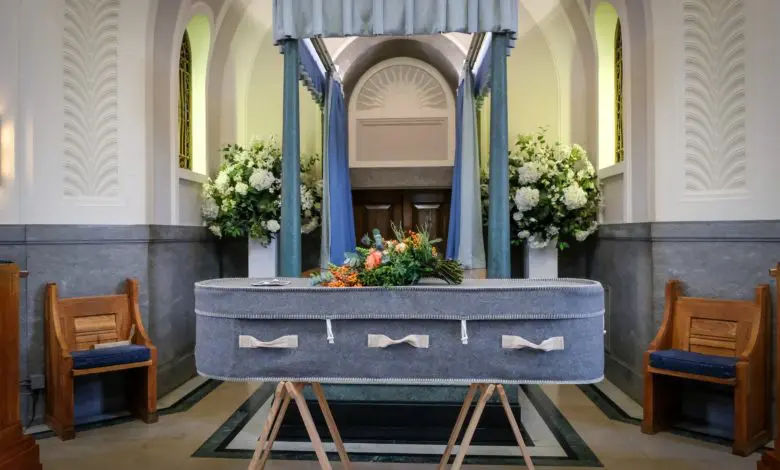
Discussing funeral arrangements with a funeral director is an important step for setting expectations and managing the timing of each part of the funeral ceremony. From shorter services that last about 30 minutes to those extending beyond an hour, funeral directors help Houston families ensure a well-coordinated service that respects both family preferences and any cultural or religious traditions.
For those arranging a service, understanding the typical flow and potential variations can ease uncertainties, allowing families to focus on what matters most—honoring and remembering their loved one.
Average Duration of Funeral Services by Type
The duration of a funeral service can vary widely depending on the type of service chosen and any specific religious or cultural customs observed.
Typically, funeral services range from 30 to 60 minutes, with memorial services, cremation services, and burial services each having unique elements and time requirements. Understanding the distinctions among these options helps families select the service that best honors their loved one.
1. Memorial Services: Honoring Memories Without the Casket
A memorial service typically lasts between 30–60 minutes, providing an opportunity for family and friends to gather in remembrance without the presence of the deceased’s body. This type of service is common when the deceased person has already been buried or cremated.
Memorials often include speeches, eulogies, and shared memories that reflect on the individual’s life and their impact on loved ones. Families have flexibility in arranging these services, allowing them to incorporate deceased’s wishes or family traditions that bring additional meaning to the occasion.
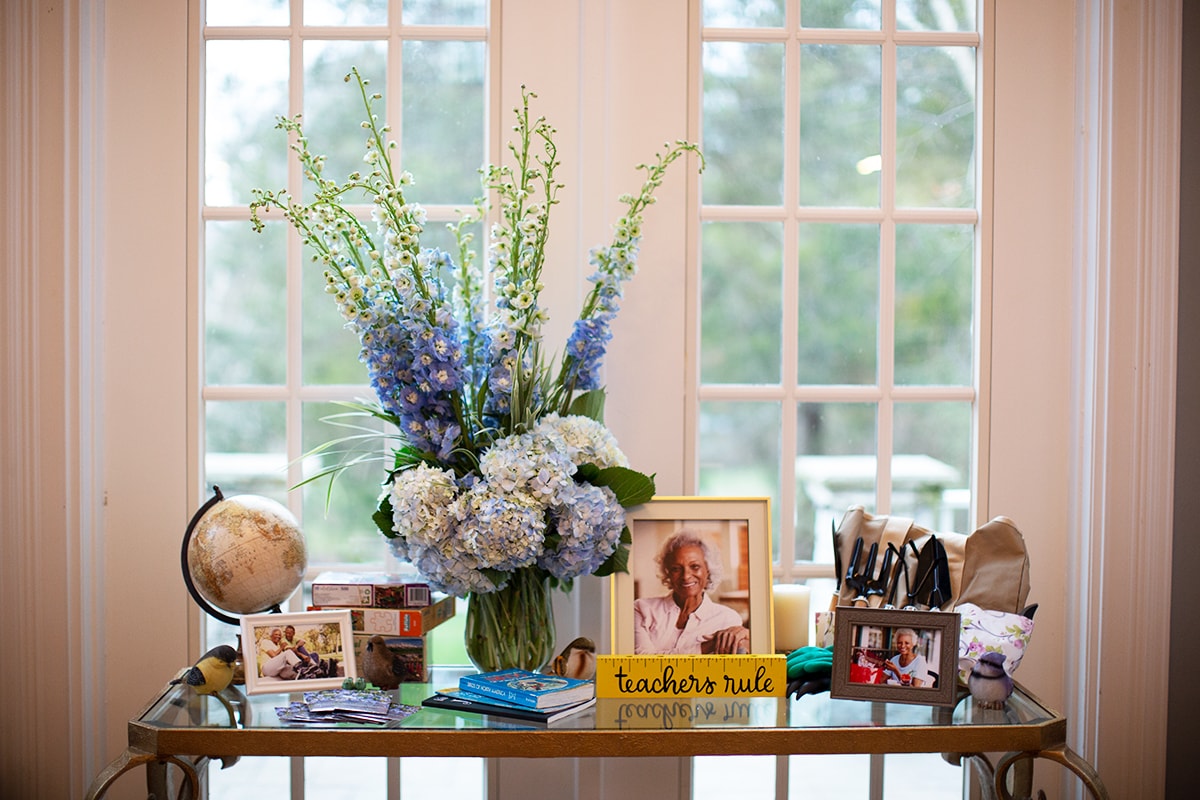
2. Cremation Services: Short and Respectful Ceremonies
Cremation services are typically brief, lasting around 30–45 minutes, and are designed to provide a respectful farewell in a more intimate setting. Often held at a funeral home or crematorium, these services usually include a few readings, some music, and brief remarks by family or friends.
Unlike other types, a casket may or may not be present, allowing the family to focus on a personal tribute rather than a traditional funeral ceremony. For families looking for a meaningful yet average funeral duration, a cremation service offers an option that balances brevity with respect.
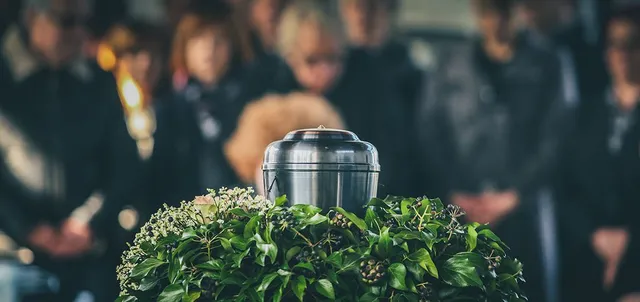
3. Burial Services: A Traditional Funeral Option
A burial service is a traditional choice for families, usually lasting 45 minutes to an hour, and can include both a funeral ceremony and a graveside gathering at the burial site. The service typically begins with eulogies, music, and readings in the funeral home or chapel, followed by a procession to the cemetery.
At the gravesite, mourners may participate in a final farewell, honoring the deceased with meaningful words or actions. Burial services offer a structured way for families to say goodbye, providing a comforting sense of closure at a burial site surrounded by loved ones.

Religious Funerals and Cultural Variations in Timing
Religious beliefs and customs play a significant role in the timing and structure of funeral services. Each religious tradition brings unique practices and expectations that shape the duration and content of the ceremony. These rituals are designed to honor the deceased person and provide comfort to family and friends in ways that align with deeply held spiritual values.
Here, we explore the timing and format of Catholic, Jewish, Muslim, Hindu, and other religious funerals, offering a general guide to what families might expect.

Catholic Funerals: A Longer Service With Requiem Mass
Catholic funerals tend to be more extended, often lasting up to 90 minutes. These services are typically held in a church and may include a Requiem Mass to honor the deceased’s life and offer prayers for their soul. The funeral director works closely with the family to coordinate the Mass, which includes readings, hymns, and communion.
Families may also choose to have casket bearers for the procession, following specific rituals that align with family’s wishes and Catholic customs. This traditional format provides a structured, meaningful farewell that combines spirituality with family tributes.
Jewish Funerals: Simplicity and Respect in a Shorter Ceremony
A Jewish funeral is usually brief, lasting 15–60 minutes, and is characterized by simplicity and respect. Following cultural expectations, Jewish funerals take place soon after death, with the emphasis on humility and honoring the deceased without ornate displays.
Services often include prayers, psalms, and eulogies led by a rabbi, with close family members and mourners in attendance. This swift yet respectful format reflects Jewish beliefs in prompt burial and emphasizes remembering the deceased through prayer and quiet reflection.
Muslim Funerals: Quick Yet Reverent Farewell
In Muslim funeral traditions, timing is essential; funerals are generally held as quickly as possible after death, often within 24 hours. Lasting about 30–60 minutes, the ceremony is led by a religious leader and includes specific prayers from the holy scriptures to honor the deceased’s journey.
Family members gather to pray and recite verses, focusing on a reverent yet efficient farewell. Muslim funerals adhere closely to family’s wishes and Islamic customs, with a simple burial following the service.
Hindu Funerals: A Short, Spiritual Ceremony
A Hindu funeral is often brief, lasting around 30 minutes, and centers on rituals for the deceased person’s spiritual journey. Families observe cultural expectations by conducting a ceremony filled with sacred prayers, incense, and rituals that honor the deceased’s life.
Led by a priest, the service includes mantras and offerings designed to bring peace to the departed soul. Hindu funerals emphasize the transition of the soul and reflect the belief in rebirth, focusing on simplicity and spirituality.
Factors Affecting Funeral Service Duration
The length of a funeral service can be influenced by multiple factors, including cultural differences, religious beliefs, family preferences, and practical considerations like venue availability. Each aspect contributes to the uniqueness of the service, making it a meaningful and personalized experience for the deceased’s family.
1. Cultural Differences
Different cultures bring their own customs and traditions to religious funerals, affecting the service’s length. For example, some cultures prefer shorter ceremonies focused on prayer and reflection, while others may observe longer gatherings with extended rituals. These cultural differences ensure the service reflects the life and legacy of the deceased, providing a familiar environment for grieving family members.
2. Personal Preferences of the Deceased or Family
The wishes of a family member or the deceased can shape the structure of a funeral, adding unique elements such as favorite songs, specific readings, or additional eulogies. These touches honor family’s wishes and create a meaningful space for memories shared among loved ones, potentially extending the duration of the service.
3. Number of Speakers and Readings
Incorporating multiple speakers or readings can significantly impact the timing of the funeral arrangements. Eulogies, family tributes, and performances by loved ones are beautiful additions but may extend the service, especially if casket bearers or other ceremonial roles are included. Allowing room for personal tributes makes the ceremony a richer, more heartfelt experience for all present.
Planning a Funeral Service: Making Arrangements with Best Funeral Homes Houston
When planning a funeral, families are often faced with a range of decisions about the type of service, location, and specific arrangements. At Best Funeral Homes Houston, our funeral directors work closely with families to understand their needs and ensure the process is as smooth as possible.
Thoughtful funeral arrangements that consider cultural and personal preferences create a meaningful experience for the deceased’s family. From intimate memorials to traditional religious services, Best Funeral Homes Houston is here to help families opt for arrangements that align with their vision and values.
Post-Funeral Reception and Timing Considerations
Many families find comfort in a post-funeral reception, where family and friends can come together after the main funeral service to share stories, reminisce, and support one another. Whether held immediately following the service or on a later date, these gatherings provide a relaxed setting for guests to connect and reflect together. Planning a reception also allows those attending to express their condolences in a more personal setting.
Handling Funeral Delays and Rescheduling Services
While funerals are often planned quickly after a loved one’s death, there are times when families may need to delay the service. Factors such as travel for out-of-town guests, severe weather, or unforeseen events can necessitate rescheduling.
Delaying a funeral by a few days or even a whole week can help ensure that family and friends are able to gather and offer support. With flexible planning, Best Funeral Homes Houston is prepared to accommodate the unique needs of each family, adjusting the timing of religious funerals or other services as needed.
Honoring Life with Compassion and Understanding
At Best Funeral Homes Houston, we are dedicated to helping families create a funeral service that truly honors the life of their loved one. By providing compassionate support, we aim to ease the planning process, offering guidance that respects each family’s unique wishes and traditions.
Whether through a memorial service or a traditional ceremony, our commitment is to help families create moments of connection, sharing, and healing. We hope to be a trusted resource, helping families navigate this time with warmth, understanding, and empathy.

